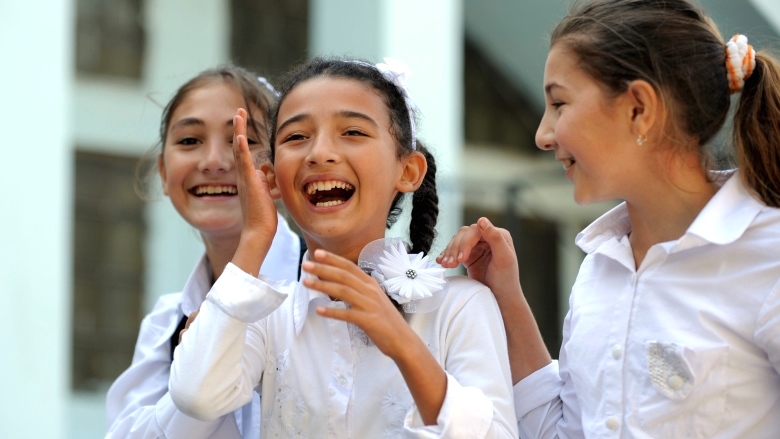Modernizing Judicial Services
Judicial reform was an important topic of discussion at the first World Bank in Azerbaijan “Knowledge Day”, held in Baku in November 2015. The World Bank works closely with the government of Azerbaijan to support justice sector reforms and to strengthen judicial institutions in the country.
The Judicial Services Smart Infrastructure Project (JSSIP), effective since October, 2014, is designed to sustain Azerbaijan’s continuing justice sector modernization by expanding access, strengthening due process, and ensuring transparency in the delivery of key justice and legal services, notably through expanding e-justice services, strengthening management systems, and institutionalizing public feedback.
JSSIP builds upon the success of its predecessor, the Judicial Modernization Project, and focuses on improvements across three broad areas: 1) service delivery; 2) sector efficiency, capacity, and results monitoring; and 3) the expansion of “smart” infrastructure.
Attending the Knowledge Day, Ramin Gurbanov, Judge of Yasamal District Court and JSSIP Coordinator, said, “This project contributes to the Bank Group’s twin objectives of ending extreme poverty and promoting shared prosperity, by strengthening access to judicial services and protection for vulnerable groups. The Poverty and Social Impact Analysis of the justice sector informs the refinement of project interventions aimed at supporting vulnerable groups and helps track the flow of project benefits to these groups.”
Addressing Unbalanced Demographics
The issue of “missing girls” – manifested in birth ratios strongly skewed in favor of boys – has received significant attention at a global level over the past few decades. This phenomenon was identified quite recently in demographic trends in certain parts of the Europe and Central Asia region, particularly in the South Caucasus countries of Armenia, Azerbaijan and Georgia.
Presenting the recent World Bank study, “Missing Girls in the South Caucasus”, Senior Economist Nistha Sinha said that, “116 baby boys are born for every 100 baby girls in Azerbaijan. The long-term impacts include outmigration of men, medium and long-term demographic imbalances, and social tensions within society.”
A higher ratio of boys at birth is often encouraged by declining fertility rates, the use of ultrasound – and even by economic and social shocks. Recommended policy actions include tackling the “son preference” through media outreach around the value of girls and women in society, financial incentives for the birth of girls, women empowerment, and strengthening reproductive health knowledge and awareness.


